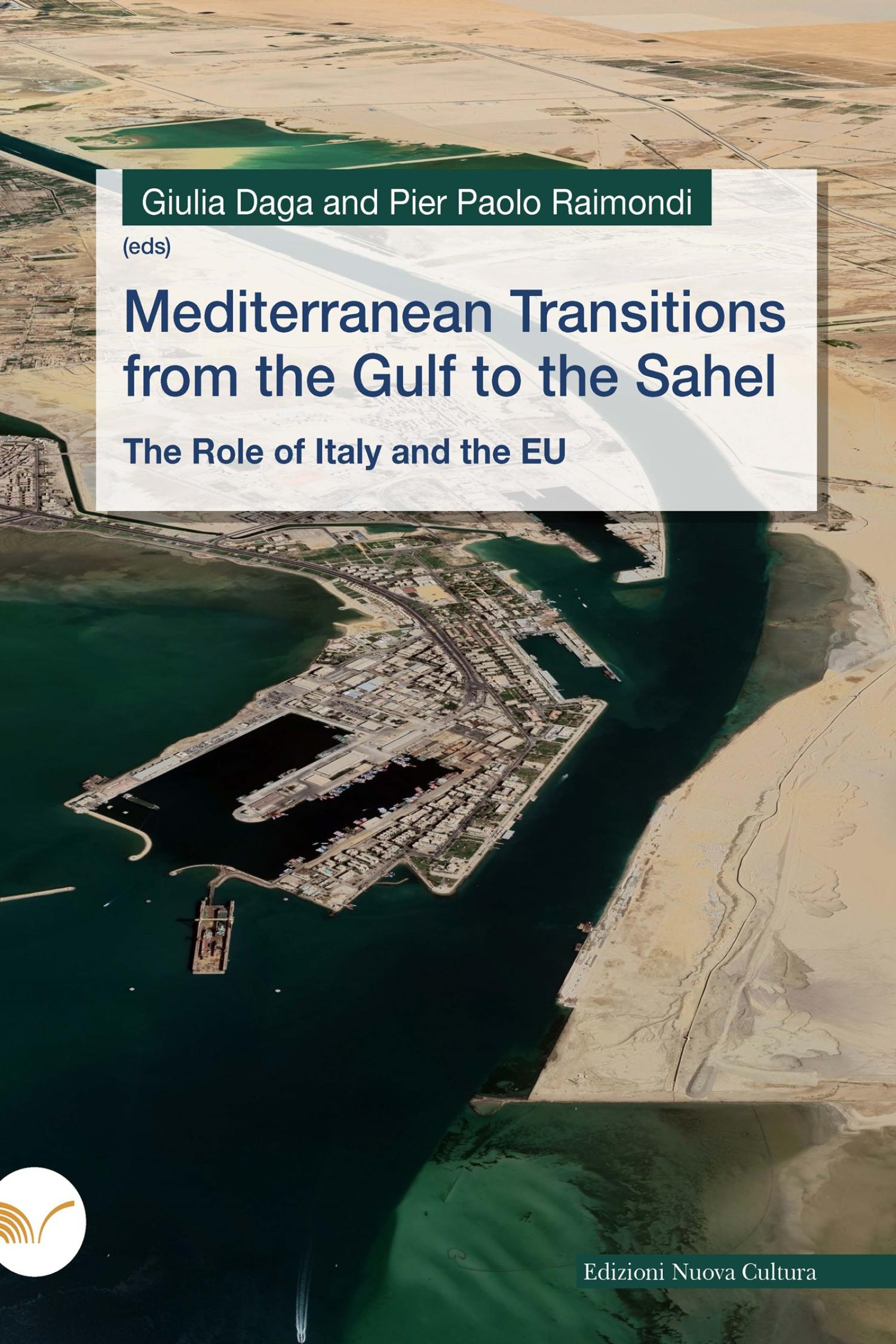Description
The war on Gaza, the war on Ukraine, the energy crisis, and several initiatives to reshape regional and international partnerships and alliances have made the EU Southern Neighbourhood even more strategic for Italian and European interests. The urgency to diversify the energy supply (drawing on both fossil fuels and clean energy sources) has pushed Italy to strengthen old and create new partnerships with countries on the southern shore of the Mediterranean, as well as turn to countries in sub-Saharan Africa. This is aimed at both transforming Italy into an energy hub and becoming autonomous from Russia. A reflection on energy supply diversification and political reconfigurations necessarily considers the highly strategic Red Sea and Gulf regions, which are increasingly interconnected with the EU's Southern Neighbourhood in both political and economic terms, as acknowledged by the recent European energy strategy. The volume focuses on the most recent energy and political realignments involving actors in the areas, with an eye to identifying guidelines for an integrated approach able to respond to the priorities of Italian and European foreign policies.
The book is divided into six chapters. The first two chapters analyse the relationship between perspectives on cooperation and energy partnerships across the Mediterranean and into sub-Saharan Africa (Chapter 1) and the Gulf (Chapter 2), examining the necessity of proposing alternative models for energy partnerships by promoting investments and cooperation aimed at local development. Chapter 3 focuses on political and security developments linking the Sahel and the Mediterranean regions, and unpacks Italy's evolving role in navigating the geopolitical complexities of the two regions. Chapter 4 addresses the Gulf political dynamics, especially in light of the war on Gaza, the war in Yemen, the interconnected Red Sea crisis, and a renewed sense of polarisation across the region after a few years of (often contested) normalisations. Chapter 5 centres on the role of global actors (China, Russia and the United States) in an increasingly interconnected great power competition spanning from the Sahel to the Gulf through the Mediterranean and the Red Sea. Chapter 6 integrates insights across regions and domains to identify strategies for Italy and the EU to act in line with their strategic objectives without resulting in negative effects on the governance and local development of their partners.



